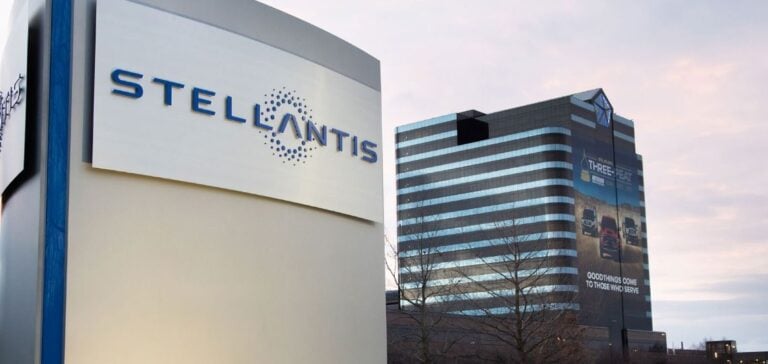Automotive giant Stellantis has formalized a strategic partnership with American company Zeta Energy to develop lithium-sulfur batteries for electric vehicles. This agreement, announced on Thursday, represents a promising step forward for a technology that remains experimental but holds significant potential for the sector.
Lithium-sulfur batteries stand out for their ability to offer a lighter battery pack while maintaining the same usable energy as current lithium-ion batteries. According to a joint statement from the companies, this technology will enable greater vehicle range, along with improved handling and overall performance.
A turning point for efficiency and sustainability
Among the key benefits of this technology are a reduction in fast-charging times by 50% and production costs that are half of those for lithium-ion batteries. These batteries will be manufactured using recycled materials and methane, significantly reducing CO2 emissions. Stellantis and Zeta Energy aim to produce these cells in existing gigafactories, relying on local, short supply chains primarily in Europe and North America.
This initiative comes at a critical time for the industry, which is facing economic and logistical challenges. Difficulties encountered by players like Swedish manufacturer Northvolt, heavily in debt, highlight the uncertainties surrounding this market.
2030 target: a new generation of batteries
The agreement involves close collaboration between Stellantis and Zeta Energy on pre-production and industrial planning. The ultimate goal is to make this technology available to equip the group’s electric vehicles by 2030. This ambitious timeline reflects Stellantis’s commitment to leading in sustainable technologies within an increasingly competitive market.
By partnering with Zeta Energy, Stellantis is taking a strategic position in the face of the global energy transition. If the promises of lithium-sulfur batteries materialize, they could represent a credible alternative to current technologies while strengthening industrial autonomy in key regions.





















